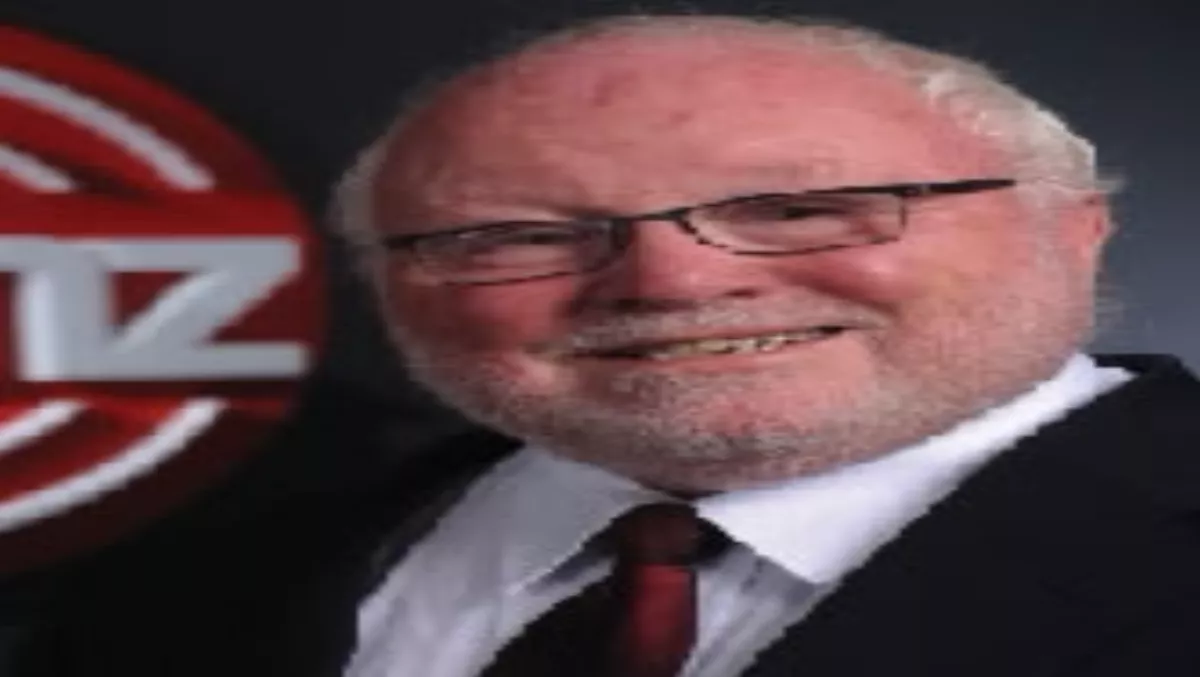“The most fundamental change to telecommunications in New Zealand since the privatisation of Telecom 20 years ago” was how TUANZ described last month’s announcement on the ultra-fast broadband initiative by Minister Steven Joyce.“Nation-building” was how the Aussies described their equivalent. I wish I’d thought of the term first - but then I’m not hot on brevity.“Finalised” was the term used in the Minister’s statement. That will send chills down the spines of some players, and bring cheer to others. The consultation is over and the game is on. No more pre-match skirmishing about the rules of play - the government is resolute.Joyce and his officials have done a masterful job. They’ve kept the faith throughout - fibre or equivalent to 75% of Kiwis within a decade.There were moments when they might have been tempted to weaken. Telecom presented a counter-proposal that had a national rather than regional focus and diluted the outcome, keeping the focus on schools and hospitals. It was an option that seemed to offer early wins, but potentially at the cost of the real end game: fibre to every home, business, school, marae, farm and hospital.Looking back, it almost seemed that Telecom was still in the mindset of Project PROBE and the old government. But since PROBE, thinking has become far more futuristic and ambitions more fervent. This government knows that the real benefits of ultra-fast broadband depend on ubiquitous connectivity - fibre to everywhere. In health, this means every citizen must be connected on the computer and big screen at home, allowing the basis of medical care to move from institutions to self management. Online diagnosis by specialists will become the norm in the relatively near future; swine flu surveillance will take place by video. The community benefits over time will be massive. That can’t happen without connected homes.For the care of aging people - one of the biggest economic challenges facing the world - we’ll depend crucially on connectivity. The smart home with its network of personalised sensors, surveillance devices and communication tools centred on the home PC, will delay for quite some the age at which many oldies have to go into rest homes. This will hugely increase their quality of life while saving the nation money.And the massive benefits fibre offers in education will depend on not just the schools, but the students’ homes being connected. This will enable students and parents full access to the school network, breaking down the boundary between school and home and enabling parents to play a part in their kids’ learning in ways we haven’t seen before.None of that’s new - it’s all stuff the visionaries have been saying and the government now gets. But it wasn’t really clear from Telecom’s proposal that it shared that vision of the end game. It seemed to be hosing down expectations, and that was not a signal the government wanted.Many commentators are now focused on what Joyce’s finalised plan means for Telecom. There’s an implication from some that the government must now find a way to keep Telecom in the centre of the project. And I absolutely agree that Telecom must and almost certainly will play a central role.But I’m not so sure that the initiative lies in the Beehive. It isn’t for the government to find a way to bend its rules to conveniently include Telecom - surely the onus lies with Telecom to re-shape itself to work within the government’s parameters.Remember Joyce’s heading - the scheme is now “finalised.”Telecom was right to put a counter-proposal to the Government - it had to try to play to its inherent strengths as a nationwide supplier. But it was an outside chance. I hope Telecom has concurrently been working very hard on Plan B, because these days government makes the policy and the carriers fall into line, not the other way about.I admire the new face of Telecom and want it to succeed. But it now needs to have a big and inclusive strategy. If I were Paul Reynolds I’d be galvanising the troops to get out there and make friends with absolutely everyone they can find - competitors, lines companies, councils, EDAs, government agencies and communities. Their aim should be that no proposal goes into the government in December without Telecom having an active role in it. With that kind of inclusive approach this will be a win for the community, Telecom, and the rest of the industry.Nobody has a guaranteed place in the sun. But the big picture is that the importance of telecommunications in all our lives is about to increase exponentially yet again. There’s ample room for everyone who is prepared to work within the framework. Exciting times!
IT Brief New Zealand - Technology news for CIOs & IT decision-makers


